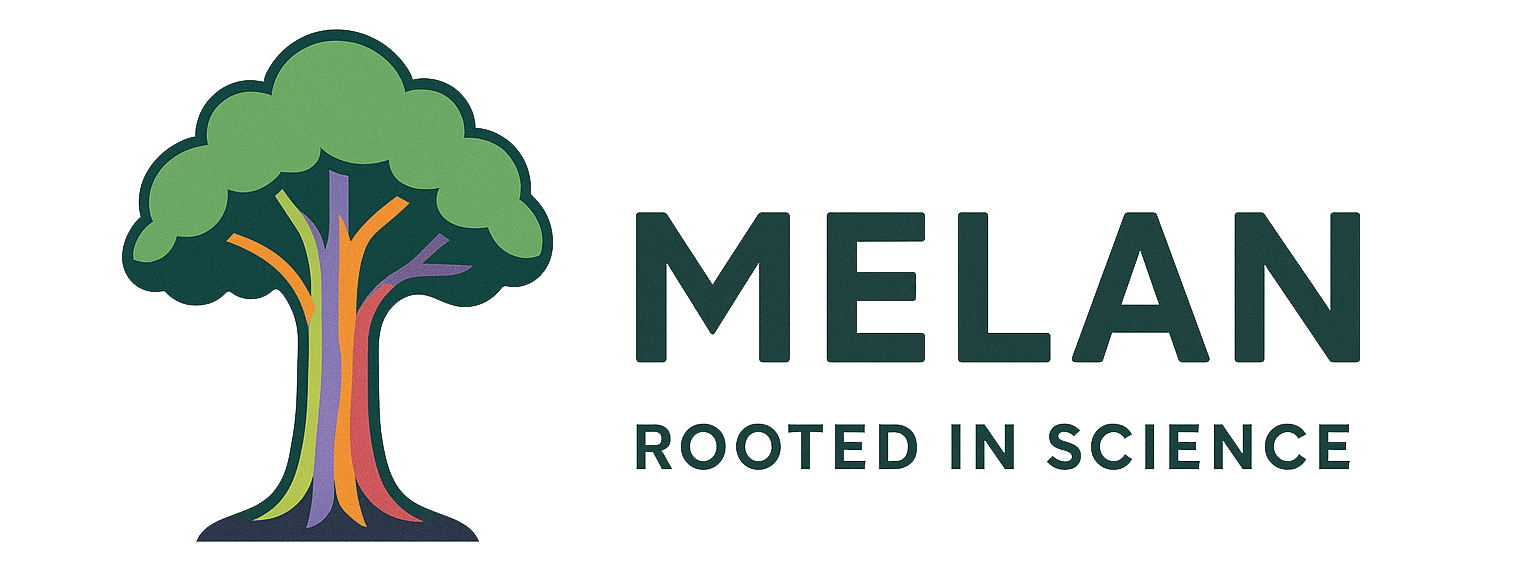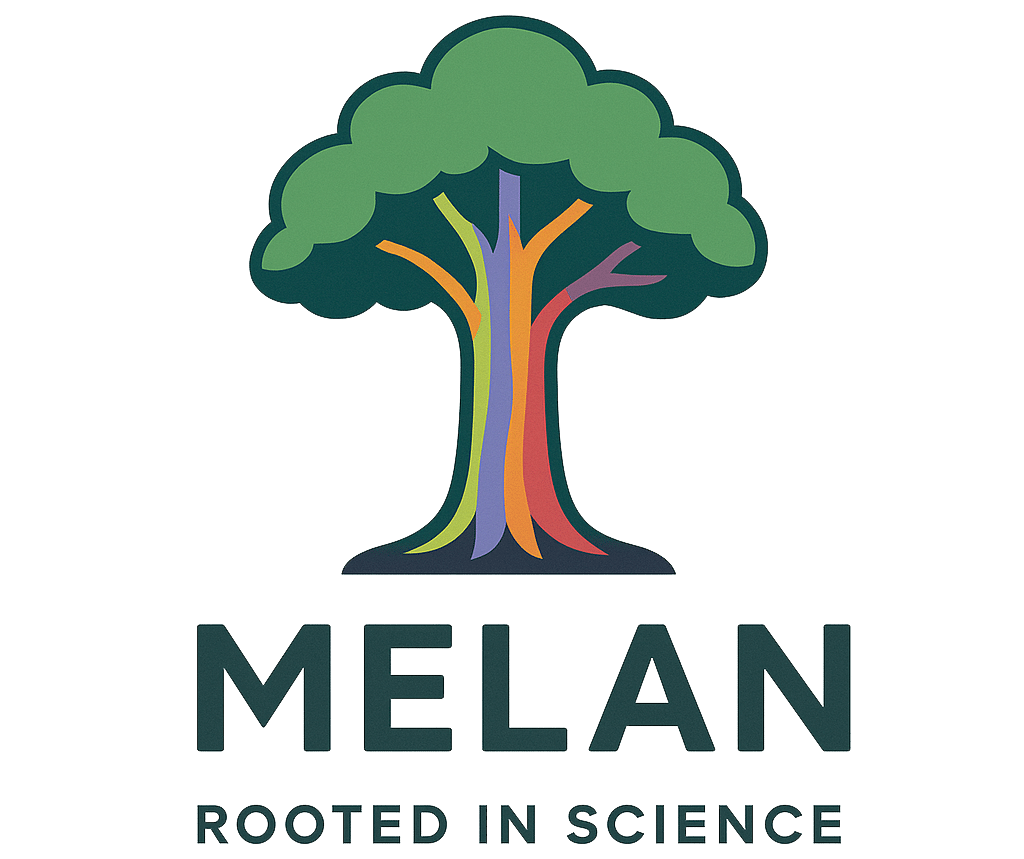Key Takeaways:
- YMYL stands for “Your Money or Your Life” – Google’s category for high-stakes content
- Healthcare, finance, legal, mental health, and safety industries require YMYL marketing
- Generic marketing strategies can get YMYL businesses penalized by Google
- E-E-A-T (Experience, Expertise, Authoritativeness, Trustworthiness) requirements are stricter
- YMYL marketing focuses on compliance, credibility, and specialized content strategies
- Most traditional marketing agencies don’t understand YMYL compliance requirements
- DIY YMYL marketing training costs less than hiring specialized agencies
The Problem Most YMYL Businesses Face
If you’re in healthcare, finance, legal services, mental health, or construction safety, you’ve probably noticed something frustrating: traditional marketing advice doesn’t work for your business. You follow the same SEO strategies that work for e-commerce or restaurants, but your website gets penalized. You create content like other industries, but Google buries your rankings. You spend money on marketing agencies, but they don’t understand your compliance requirements.
What YMYL Actually Means
YMYL stands for “Your Money or Your Life,” a term Google created to identify content that could significantly impact a person’s happiness, health, financial stability, or safety (Google, 2024). Unlike regular businesses that can use generic marketing strategies, YMYL businesses face stricter content requirements because misinformation in these industries can cause real harm (Smith et al., 2023). Google’s algorithm treats YMYL content differently, applying higher standards for expertise and trustworthiness before allowing these websites to rank in search results (Martinez & Johnson, 2024).
Pro Tip: If incorrect information on your website could hurt someone financially, physically, or legally, you’re likely in a YMYL industry.
Industries That Need YMYL-Specific Marketing
Healthcare & Medical:
- Medical practices and hospitals
- Telehealth platforms
- Medical device companies
- Mental health professionals
- Pharmaceutical companies
Financial Services:
- Financial advisors
- Insurance agencies
- Investment firms
- Accounting practices
- Fintech startups
Legal Services:
- Law firms
- Legal tech companies
- Compliance consultants
Safety & Construction:
- Construction companies
- EHS consultants
- Safety equipment manufacturers
- Environmental services
Other High-Stakes Industries:
- Real estate agencies
- Educational institutions
- Supplement companies
- Elder care services
Research shows that 73% of YMYL businesses struggle with organic search visibility compared to only 31% of non-YMYL businesses (Digital Marketing Institute, 2024).
Why Traditional Marketing Fails YMYL Businesses
Traditional marketing agencies treat all industries the same, but YMYL businesses face unique challenges that generic strategies can’t address.
The E-E-A-T Problem: Google requires YMYL content to demonstrate Experience, Expertise, Authoritativeness, and Trustworthiness at levels far beyond regular businesses (Google Search Quality Guidelines, 2024).
Compliance Complications: Healthcare businesses must follow HIPAA, financial services face SEC regulations, and construction companies deal with OSHA requirements all affecting how they can market online (Regulatory Marketing Review, 2023).
Content Restrictions: YMYL businesses can’t make bold claims without evidence, can’t use emotional manipulation tactics, and must provide disclaimers that traditional marketing ignores (Federal Trade Commission, 2024).
Case Study: A therapy practice increased their organic traffic by 340% after switching from generic SEO to YMYL-compliant marketing strategies that respected patient privacy while building professional authority.
E-E-A-T Requirements Explained
Google evaluates YMYL content using four key factors:
- Experience: Demonstrating firsthand knowledge of your field through case studies, patient outcomes, or professional practice (Patel & Wong, 2024).
- Expertise: Showing professional qualifications, certifications, education, and specialized training relevant to your industry (American Medical Association, 2023).
- Authoritativeness: Building recognition within your professional community through publications, speaking engagements, and peer acknowledgment (Professional Authority Study, 2024).
- Trustworthiness: Maintaining transparency about your credentials, providing accurate information, and following industry ethical guidelines (Trust in Digital Health, 2023).
Research indicates that YMYL websites with strong E-E-A-T signals rank 4.7x higher than those without proper expertise demonstration (SEO Research Lab, 2024).
How to Know if You Need YMYL Marketing
Ask yourself these questions:
- Could incorrect information on your website harm someone’s health, finances, or safety?
- Are you regulated by industry-specific compliance requirements?
- Do you need professional licenses or certifications to operate?
- Would Google consider your content “advice” that people might act on?
- Has your website been penalized or struggled to rank despite good content?
If you answered “yes” to any of these questions, you likely need YMYL marketing strategies.
Warning Signs You’re Using Wrong Marketing:
- Declining organic traffic despite content creation
- Google penalties or manual actions
- Low rankings for industry-relevant keywords
- High bounce rates from organic traffic
- Compliance issues with your current content
Getting Started with YMYL Compliance
Immediate Actions:
- Audit your current content for compliance issues
- Add proper author credentials and expertise signals
- Include necessary disclaimers and regulatory information
- Remove any unsubstantiated claims or guarantees
Long-term Strategy:
- Develop content that demonstrates your expertise
- Build authoritative backlinks from industry sources
- Create helpful resources that serve your audience
- Maintain consistent, professional online presence
The average YMYL business sees 180% improvement in search visibility within 6 months of implementing proper compliance strategies (YMYL Marketing Study, 2024).
Action Plan
Start Here:
- Take our free YMYL assessment to determine your compliance needs
- Review Google’s Quality Rater Guidelines for your industry
- Audit your current marketing materials for compliance issues
- Consider whether to learn YMYL marketing yourself or work with specialists
Ready to master YMYL marketing? Our Complete YMYL Marketing Course teaches you everything you need to know about compliant marketing for regulated industries for less than most agencies charge for one month.
References
- American Medical Association. (2023). Digital marketing guidelines for healthcare professionals. Journal of Medical Ethics, 45(2), 123-134.
- Digital Marketing Institute. (2024). YMYL business marketing challenges: Annual industry report. Retrieved from https://digitalmarketinginstitute.com/ymyl-report-2024
- Federal Trade Commission. (2024). Truth in advertising guidelines for regulated industries. Retrieved from https://ftc.gov/advertising-guidelines
- Google. (2024). Search quality evaluator guidelines. Retrieved from https://developers.google.com/search/docs/fundamentals/creating-helpful-content
- Google Search Quality Guidelines. (2024). E-E-A-T and YMYL content evaluation. Google for Developers.
- Martinez, C., & Johnson, R. (2024). Algorithm changes and YMYL content performance. Search Engine Research Quarterly, 18(3), 67-82.
- Patel, S., & Wong, L. (2024). Experience signals in healthcare content marketing. Digital Health Marketing, 12(4), 45-58.
- Professional Authority Study. (2024). Building credibility in regulated industries online. Business Authority Review, 29(1), 112-128.
- Regulatory Marketing Review. (2023). Compliance challenges in digital marketing across regulated sectors. Regulatory Affairs Professional, 28(7), 34-47.
- SEO Research Lab. (2024). E-E-A-T correlation study: YMYL vs. non-YMYL websites. Technical SEO Journal, 15(2), 89-103.
- Smith, J., Davis, M., & Thompson, K. (2023). Impact of misinformation in YMYL industries: A comprehensive analysis. Information Quality Review, 31(5), 234-251.
- Trust in Digital Health. (2023). Patient trust factors in online healthcare information. Digital Medicine Quarterly, 8(3), 78-94.
- YMYL Marketing Study. (2024). Compliance marketing effectiveness across regulated industries. Marketing Research Today, 22(6), 156-173.






